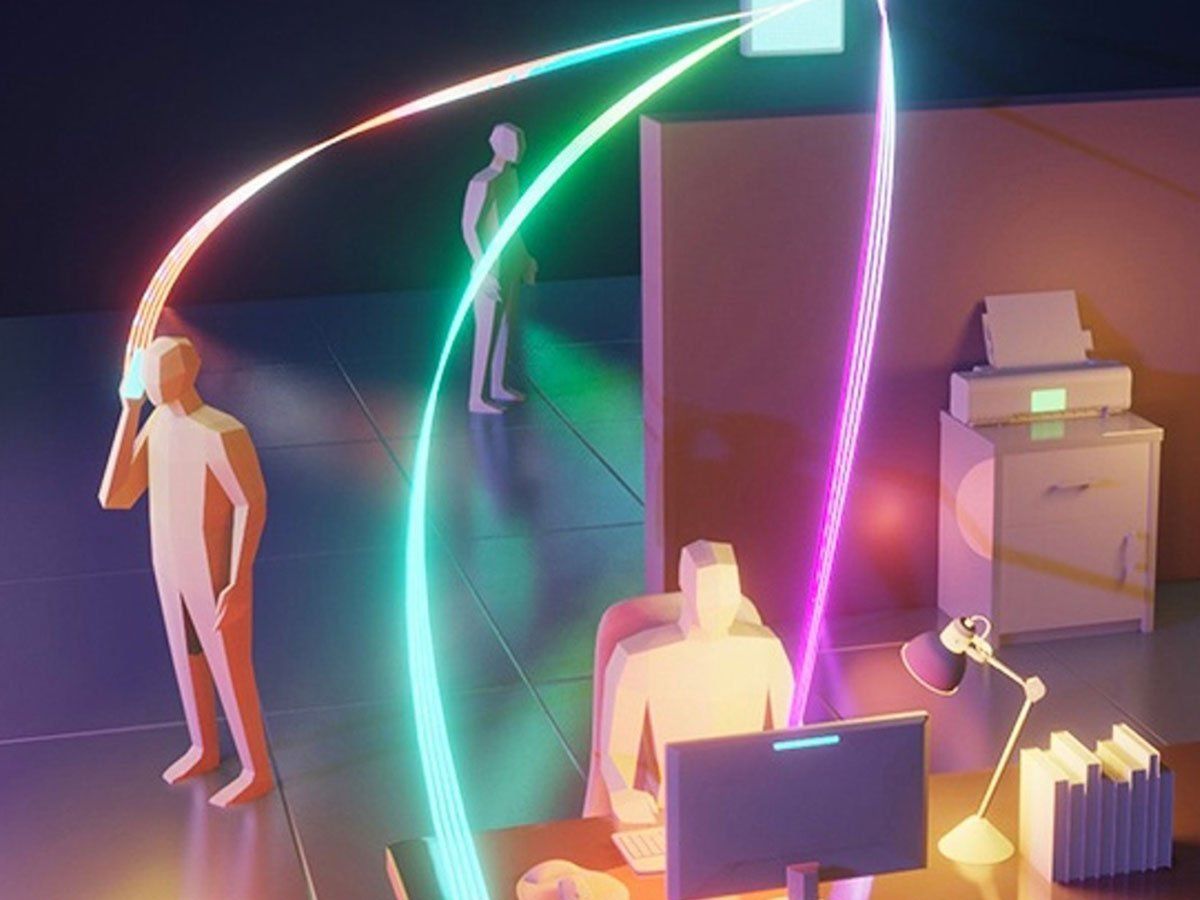The ongoing dispute among LightSquared, the GPS industry, GPS government and commercial users, the telecom industry, the Federal Communications Commission (FCC), and myriad others, continued along its hyperheated path this past week, with LightSquared accusing the GPS industry of failing to follow US Department of Defense (DoD) GPS filtering standards, and the GPS industry saying in return that LightSquared clearly doesn't understand the technology it is trying to sell.
You can get a recap of the LightSquared versus the GPS industry fight here, but the very short version is that LightSquared is proposing to create a nationwide integrated satellite-terrestrial voice and Internet data service. It received conditional approval to do so from the FCC in January, provided the company could show that its operations wouldn't interfere with existing GPS systems, a fear expressed by GPS device manufacturers and users alike. Tests completed this spring demonstrated that LightSquared's proposed operations would indeed interfere with GPS systems. LightSquared said in June not to worry, though, since it had developed a technical solution to the interference problem.
However, it is looking more and more like the proposed technical solution is not being well received by LightSquared critics; last Thursday, LightSquared filed a statement (PDF) with the FCC claiming that:
"The GPS industry’s failure to comply with the Department of Defense’s (DoD) filtering standards [PDF] is the root cause of potential interference issues involving LightSquared’s proposed broadband wireless network... Had the GPS industry complied with DoD’s recommended filtering standards for GPS receivers, there would be no issue with LightSquared’s operations in the lower portion of its downlink band...
"The DoD standard, in effect, grants GPS a 4-MHz 'guard band.' Now, however, the GPS manufacturers are rejecting LightSquared’s offer of a 23-MHz guard band that would be created by LightSquared’s decision to begin its terrestrial operations in the lower half of the downlink band.
"Instead, the GPS industry unreasonably insists on a 34-MHz guard band—8.5 times as wide as the DoD recommendation."
LightSquared asked the FCC why it needs to change its operations when the GPS interference problem clearly resides with an irresponsible GPS industry that is only interested in "squatting for free on someone else’s licensed spectrum."
On Monday of this week, the GPS industry, or more specifically, the US GPS Industry Council (USGIC), fired back, saying that LightSquared doesn't know what it is talking about. According to this The Hill blog post, the USGIC told the FCC in a letter (PDF) that:
"LightSquared is wrong, and its arguments reflect its fundamental lack of technical understanding of GPS and the profound technical difference between how communication and satellite navigation signals operate and are received..."
In essence, USGIC states in its letter that LightSquared misconstrued what was said in the DoD standard; it is trying to apply the standard to the wrong set of users ("There are no DOD performance standards for commercial GPS receivers"); and it has consistently ignored the warnings of GPS manufacturers that "... increased filtering, even if available or appropriate, would cause losses in accuracy that would have the same negative effect on the utility of these devices that harmful radio frequency interference would have."
The USGIC letter again calls on the FCC "to rescind the conditional waiver" it had given LightSquared in January.
As a follow-up to its letter of last week, on Monday LightSquared filed a statement (PDF) with the FCC reiterating why the commissioners should reject the USGIC's and all of its other critics' arguments and accept its proposed solution as soon as possible. LightSquared says in its letter that for the FCC, "the time for rendering a decision has arrived."
It is unclear how or when the FCC plans to make a decision. LightSquared has been signing up communication partners as quickly as possible, in part to put pressure on the FCC that any action to deny LightSquared its operating license would place the commissioners in the position of being seen as "killing new jobs," which is political poison at the moment.
On the other hand, many GPS users, such those in aviation, defense, automotive and farming communities, say that granting LightSquared a license to operate would cause irreparable harm to their industries, and thus potentially kill existing jobs.
Adding another political/technical dimension to the decision, the FCC has to consider is that the European Union has expressed "deep concerns" about LightSquared as well.
Probably the only thing certain as an outcome, whichever way the FCC rules, is a lawsuit by whoever the aggrieved parties turn out to be.
Robert N. Charette is a Contributing Editor to IEEE Spectrum and an acknowledged international authority on information technology and systems risk management. A self-described “risk ecologist,” he is interested in the intersections of business, political, technological, and societal risks. Charette is an award-winning author of multiple books and numerous articles on the subjects of risk management, project and program management, innovation, and entrepreneurship. A Life Senior Member of the IEEE, Charette was a recipient of the IEEE Computer Society’s Golden Core Award in 2008.



